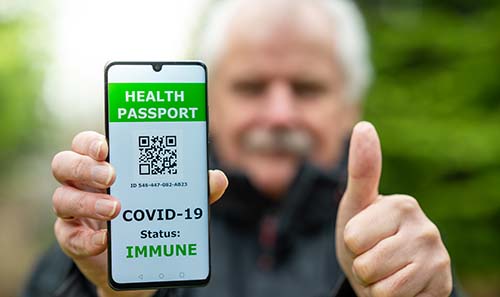Pubs and Restaurants Impacted By Co2 Crisis

CO2 shortage: Breweries stockpile carbon dioxide to keep beer flowing amid gas price rise and HGV crisis
Bottled and keg beers most at risk, cask ales less so, as food and drink supply problems in Pubs and Restaurants spread.
Breweries producing bottled and canned beers face disruption if they are hit by shortages of carbon dioxide, an Pubs and Restaurants industry body has warned.
Beer is one of several food and drink staples that may face shortages within the next few weeks, after the surge in gas prices led to plants that produce CO2 shutting down.
Industry bodies said the supply chain, already impacted by the ongoing shortage of heavy goods vehicles (HGV) drivers, could further collapse when the shortage hits.
CO2 generates the fizz and the head for lagers, beers and ciders.
James Calder, chief executive of the Society of Independent Brewers, explained: “The vast majority of small breweries produce fresh cask beer – and for those brewers this latest shortage of CO2 won’t have an immediate impact – but for the increasing number making keg, bottled or canned beer it will come as an additional worry.
“Two thirds of the beer that small independent brewers produce is sold as cask beer, which has a naturally occurring carbonation and does not rely on added CO2.
“But as more and more brewers have shifted production to bottled and canned beer to capitalise on drink-at-home sales during Covid the impact could be greater than in the past.
“The shortage comes as an additional and unwelcome challenge for small brewers trying to recover from the impacts of the Covid-19 pandemic.”
Emma McClarkin, chief executive of the British Beer and Pub Association, told i: “As the threat of disruption to the availability of CO2 continues to grow, so does the potential impact on brewers and pubs and restaurants.
“We continue to liaise with suppliers and are urging the Government to support those manufacturing processes we depend on for the majority of our CO2 to resume operations.
“Brewers have resilient supply chains and beer drinkers and pub goers can rest assured there is still plenty of beer to go round.”
Felix James, co-founder of Small Beer, said his company does not bottle beer on site so luckily does not require huge quantities of CO2 as others may do.
“That said, to make sure that we have enough of what we do need, we have been stockpiling for some time now, simply because it hasn’t been as readily available, but that’s been more to do with a shortage of HGV drivers than a lack of CO2 itself,” he told i.
CO2 is an essential component in food supply chains as it is used to stun animals humanely before slaughter, and vacuum-pack products including bread to extend their shelf life, as well as providing the fizz for alcoholic and soft drinks.
It is by-product of making fertiliser – which has been in short supply internationally since two of the largest fertiliser producers, Norway’s Yara and US group CF Industries Holdings, ceased production over the rise in gas prices.
Miles Jenner, managing director of Harvey’s Brewery in Lewes, East Sussex, said the company was not struggling yet and current supplies will suffice, as it brews a craft edition beer which does not need pressurised CO2 to be dispensed.
“Having said that, it does affect all our kegging and bottling lines,” Mr Jenner told i, meaning it realistically could be become an issue over the next few months.
“The moment there’s any question of shortage, there’ll be immediate rationing and panic buying and all the rest of it. So we just have to roll with it when it affects us,” he said.
The price of natural gas has sharply risen, increasing by more than 70 per cent across Europe throughout August alone.
Low solar and wind output, maintenance issues, depleted stocks following a cold winter and reduced supply from Russia have also been blamed for the global rise in prices.
The original version of this article was first published on INews
We are a hospitality recruitment company providing waiting staff, bar staff, catering staff and chefs to the industry.

